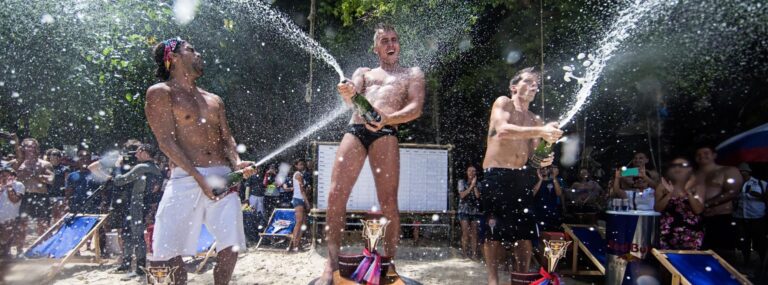


PAY ATTENTION TO THE TYPE OF MASK FOR DSA TRAVELERS AND FOR ITALY
The rule is this: “Passengers on the aircraft – reads the Dpcm – must necessarily wear a surgical mask, which will be replaced every four hours in the event that an exception to the interpersonal distance of one meter is allowed”.
The point is the interpretation: is the surgical mask only the one you buy at the pharmacy? Or are the common fabric masks also considered “surgical”?
There does not seem to be a clear and unambiguous answer. The civil aviation authority, ENAC, responded only informally – there are no official notes on the site – interpreting the rule in an extensive way, that is, considering the cloth masks equivalent to the surgical ones (and at this point it is necessary to have two in case of flights longer than four hours). But Alitalia, for example, has interpreted the use of a medical, surgical or Ffp2 or Ffp3 mask as mandatory. So excluding the cloth masks.
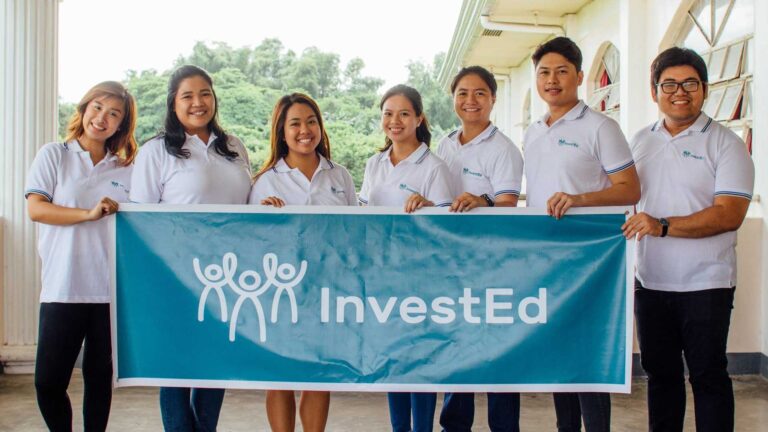
Pandemic-hit innovators facing financial headwinds receive emergency funds
Expo 2020’s global innovation and partnership programme is providing additional funds to innovators from around the world facing financial hardship as a result of COVID-19
Aligned with the UAE’s wider response to the global pandemic, Expo Live – Expo 2020’s global innovation and partnership programme – has launched an Emergency Relief Fund (ERF) to support social impact start-ups.
The ERF earmarked AED 3.7 million (USD 1 million) in additional grant funding to grantees, known as Global Innovators, who have applied for additional assistance in light of financial hardship suffered as a direct result of COVID-19.
Expo Live provides funding and support to innovative start-ups that are having a positive impact on communities from around the world. It has awarded emergency relief funding of between AED 184,000 and AED 367,000 (USD 50,000-100,000) to 15 Global Innovators from 13 countries.
Grantees that have received ERF assistance include Attollo SE, a Canada-based edtech enterprise that develops talking stickers designed to provide early literacy learning for children. When the Covid-19 pandemic started, Attollo helped increase health and safety awareness about the virus, producing recordings in multiple languages and disseminating them through a phone app and the talking stickers technology.
ERF recipients also include InvestEd, a Filipino fintech start-up that provides loans and financial training to low-income students, allowing them to complete their college education. Nearly half of InvestEd’s student borrowers are now unemployed due to Covid-19 and the organisation has increased coaching services to help them find other job opportunities. Since the start of the pandemic, and thanks to the additional Expo Live emergency funds, the team has created new financial products that will enable the students to continue their education remotely.
Acting in solidarity with communities around the world, the ERF supports a wider commitment by Expo 2020 and the UAE to advance humanitarian goals and build a brighter future for all. Since the start of the pandemic, the UAE’s active role in the fight against the COVID-19 pandemic has included more than 1,200 tonnes of aid sent to 107 countries, reaching more than 1.2 million healthcare workers.
Expo 2020, which opens its doors for six months on 1 October 2021, will bring the world together in a spirit of hope and optimism, to build new connections, share new ideas and create new solutions to some of the greatest challenges of our time.
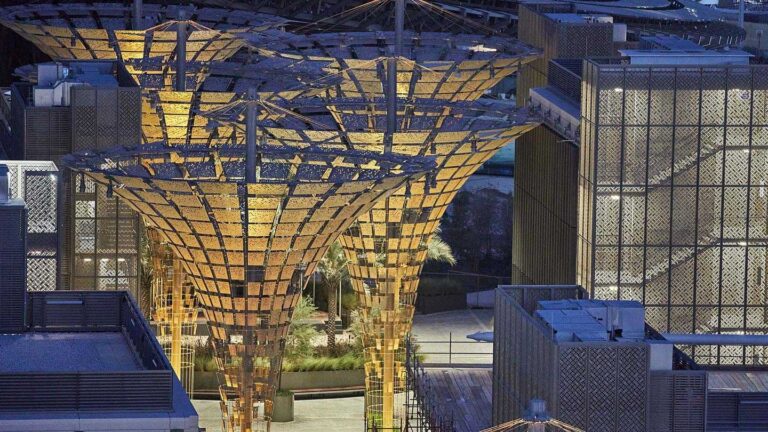
Together, we’re building an exceptional World Expo and creating a brighter tomorrow
Together, we’re building an exceptional World Expo and creating a brighter tomorrow

Air Malta dice addio alla tassa di ri-prenotazione del volo
Air Malta dice addio alla tassa di ri-prenotazione del volo
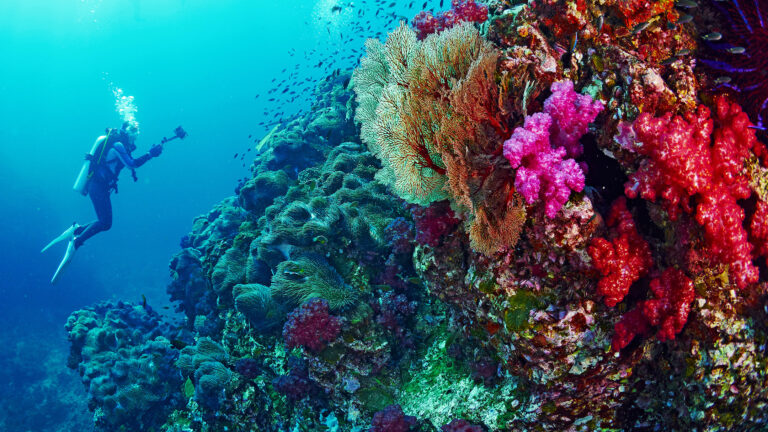
Thailand’s sea bed in southern coast legally protected
Thailand’s Ministry of Natural Resources and Environment on Friday said that sea grass, coral reefs and undersea rock formations in Thailand’s four southern coastal provinces are now legally protected.
The ministry warned that violators found to disrupt the protected sea treasures will face one-year in prison and/or a maximum fine of 100,000 baht (3,167 U.S. dollars).
Sea grass, coral reefs and marine rock formations off Payam Island in Thailand’s southern Province of Ranong, as well as the rock formations off Surat Thani, Pattani, Phang-Nga and Krabi provinces, have come under protection of the Marine and Coastal Resources Management Promotion Act, said the ministry.
These areas are popular diving sites amongst tourists and professional divers.
The act also bans dropping anchors by boats, feeding and catching marine life, and dumping garbage in these areas.
“Of about 23,840 hectares of coral reefs in the seas of Thailand, only 5.7 percent are in perfect condition, while the rests have been damaged by people,” said Chatuporn Burutpattana, the ministry’s permanent secretary.
Chatuporn said that if Thailand does not quickly come to the protection of the small patches of coral reefs, the seas around Thailand’s coasts will become barren and devoid of any natural beauty.
He also said that Payam Island in Ranong province, rich in coral reefs and sea grass, had been badly damaged by tourists and divers.
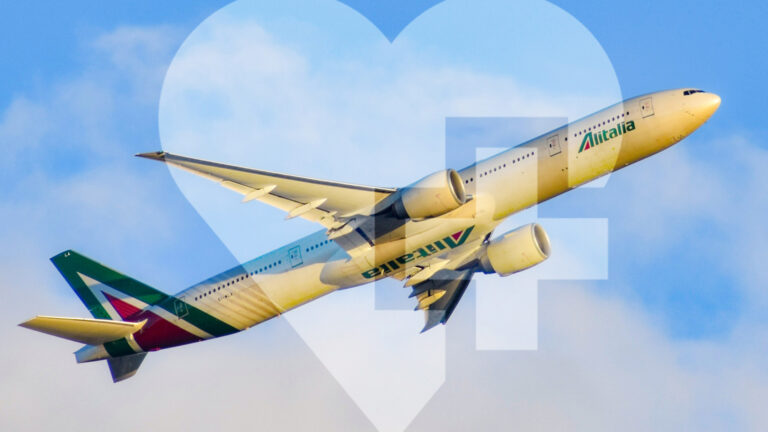
VOLI “COVID-TESTED” ANCHE DA LINATE
VOLI “COVID-TESTED” ANCHE DA LINATE

Fulham Palace sta per riaprire le sue sale storiche e il museo
Fulham Palace sta per riaprire le sue sale storiche e il museo

Le modifiche alle infrastrutture COVID-19 rendono più facile e sicuro andare in bicicletta e andare a scuola a piedi
Le modifiche alle infrastrutture COVID-19 rendono più facile e sicuro andare in bicicletta e andare a scuola a piedi
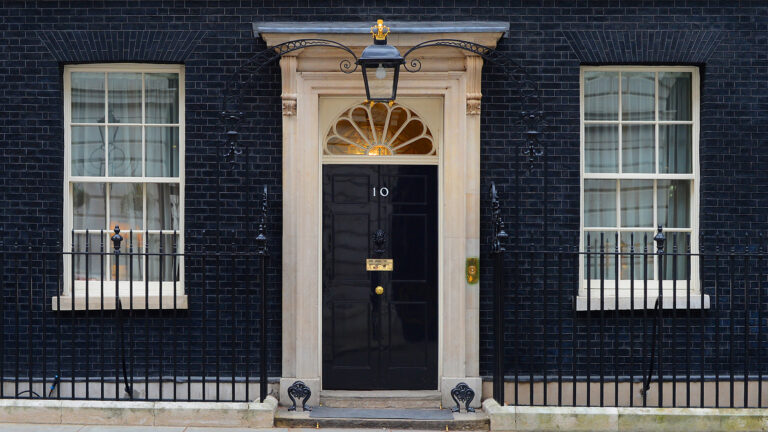
New package to support and enforce self-isolation
New package to support and enforce self-isolation
